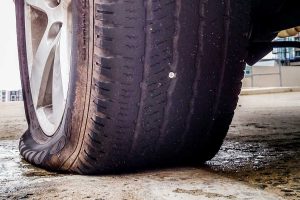Soot damage isn't something that's easily repaired. Even if the soot is cleaned, it can often leave a greasy residue that's difficult to remove. Does that mean homeowners insurance will cover the damages? Let's take a look.
Most homeowners insurance will cover fire-related damages, including soot, but there are some important things to keep in mind. First, you'll likely have to pay your deductible before your insurance policy covers any damages. It is essential to speak with your insurance agent to find out what is and isn't included in your policy.
Fire damage is a scary and devastating thing to experience. In this article, we will look to see if the soot damage to your home will be covered in a homeowners insurance policy. In addition, we will answer other frequently asked questions about soot, so read on!
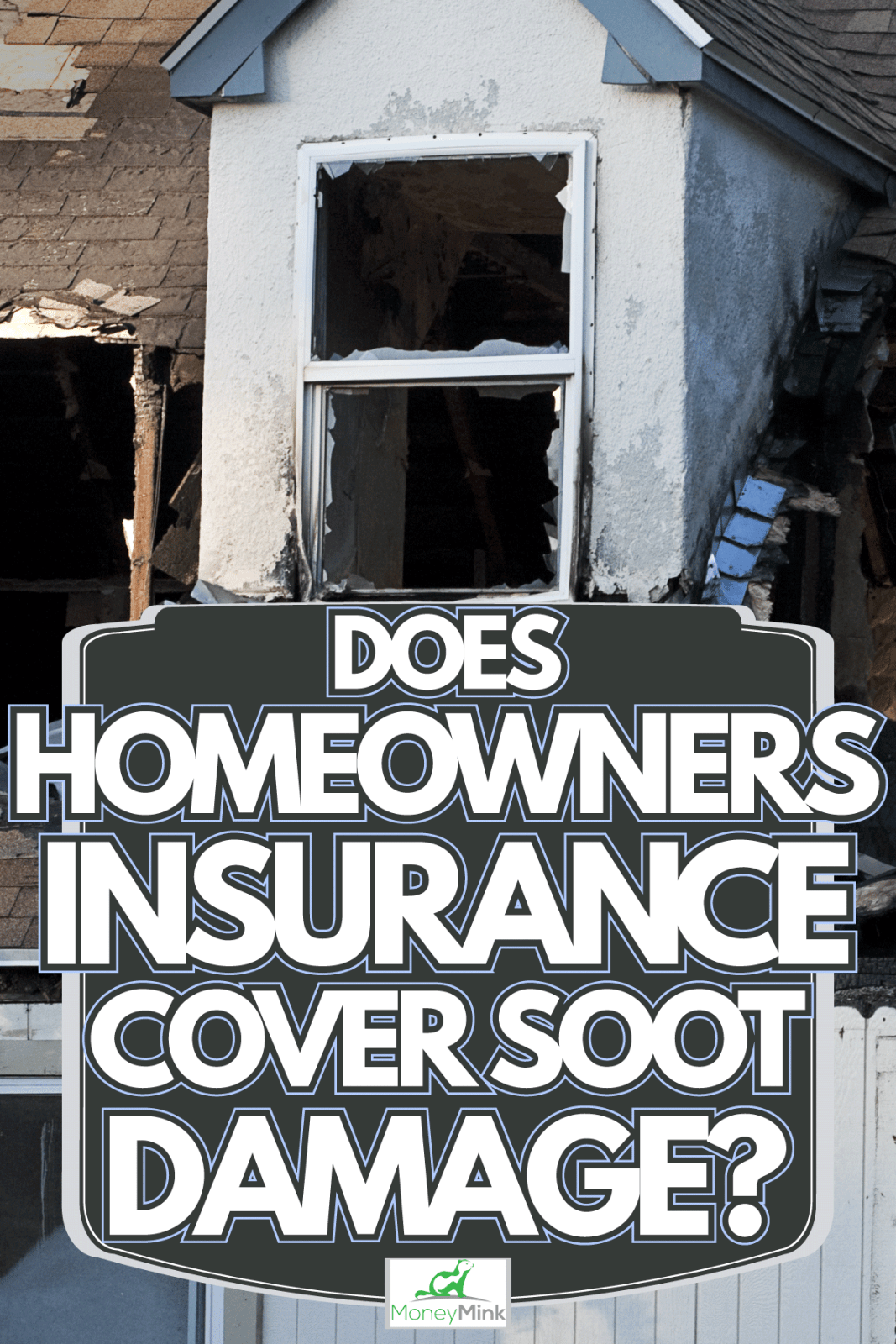
Does my homeowner's insurance cover soot damage?
Soot is a black, oily residue that is left after a fire. It is often difficult to remove and can leave a greasy residue on surfaces. Soot can damage your home and belongings, and it can be expensive to clean up.
Most homeowners insurance policies will cover fire-related damages, including soot damage. However, there are some important things to keep in mind. First, you will likely have to pay your deductible before your insurance policy covers any damages.
Before you speak to your insurance agent, it is important to document the damage with photos or videos. This will give your agent a better idea of the extent of the damage and help them process your claim more quickly.
In addition, be sure to document the following for your insurance claim:
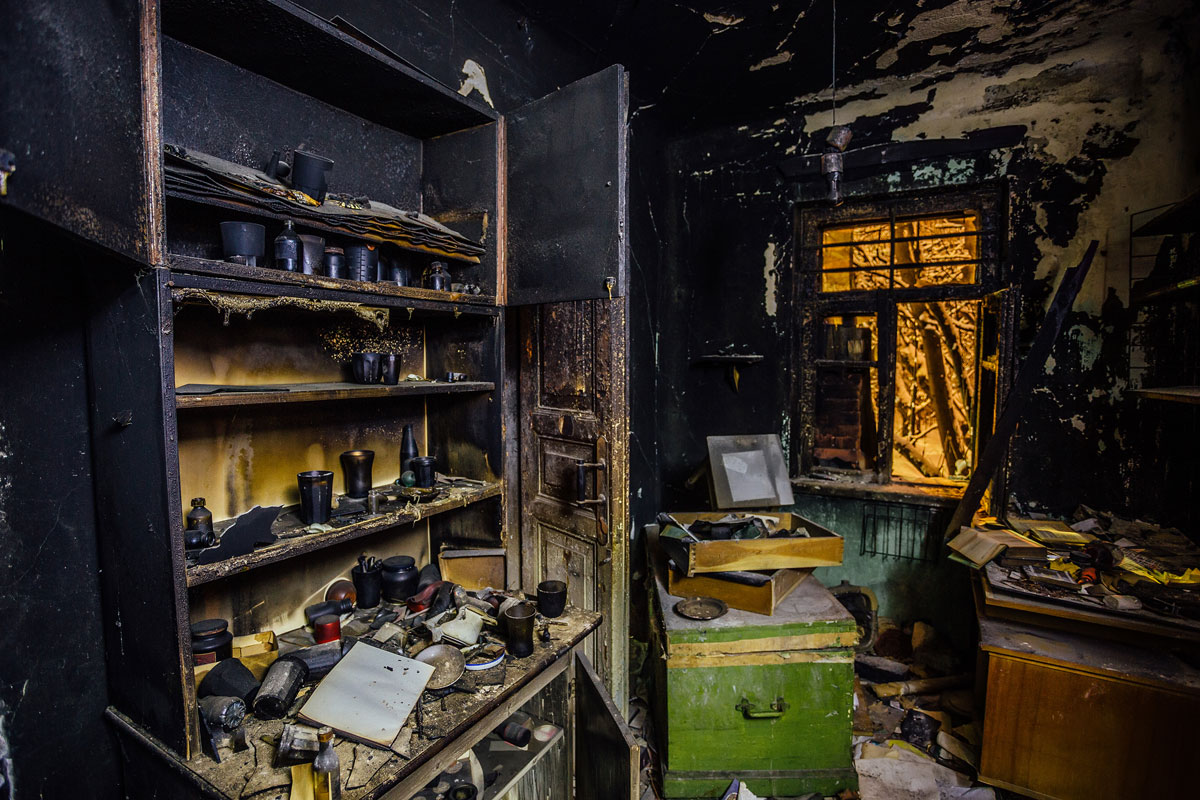
Date of Loss
The first step is to document the time and date of the fire and the soot damage. This will help your insurance company determine if the damages are covered under your policy. Next, back this information up with the photos or videos you took of the damage.
Type of Damage
Be sure to document the type of damage done by the soot. This will include any physical damage to your home or belongings and any smoke or soot damage.
Cause of Damage
You will also need to document the cause of the fire and the soot damage. This will help your insurance company determine if the damages are covered under your policy.
Location of Loss
Be sure to document the location of the fire and the soot damage. This will help your insurance company determine if the damages are covered under your policy.
Description of Loss
It is important to describe the damage in as much detail as possible. Include the extent of the damage, the type of damage, and anything else you think is important.
Any Related Injuries
If anyone was injured in the incident, then be sure to document this. Photos and hospital records will be helpful in this case.
Condition of the Home Before Loss
If you recently had an appraisal or inspection of your home, this would be an excellent time to provide that information to your insurance company. This will help them determine the value of your home and belongings.
A Police and Fire Department Report
Lastly, be sure to get a copy of the police and fire department reports. This will back up the information you have provided and help your insurance company process your claim more quickly.
How do you test for smoke damage?
If you suspect that your home has smoke damage, it is important to have it professionally tested. Soot and smoke particles can be harmful to your health, so it is vital to ensure that your home is safe.
A professional will test for soot and smoke damage using a photoionization detector. This device will test the air quality in your home and let you know if harmful particles are present.
If the photoionization detector finds harmful particles in the air, the professional will likely recommend that you have your home professionally cleaned. This process can be expensive, but it is important to ensure that your home is safe to live in.
In addition, the professional might take a chemical sponge sample. This sample will be sent to a laboratory for analysis. The laboratory will test the sample for soot and smoke particles.
Once the professional has finished testing for soot and smoke damage, they will provide you with a report of their findings. This report will help you determine if your home is safe to live in and if you need to have it professionally cleaned.
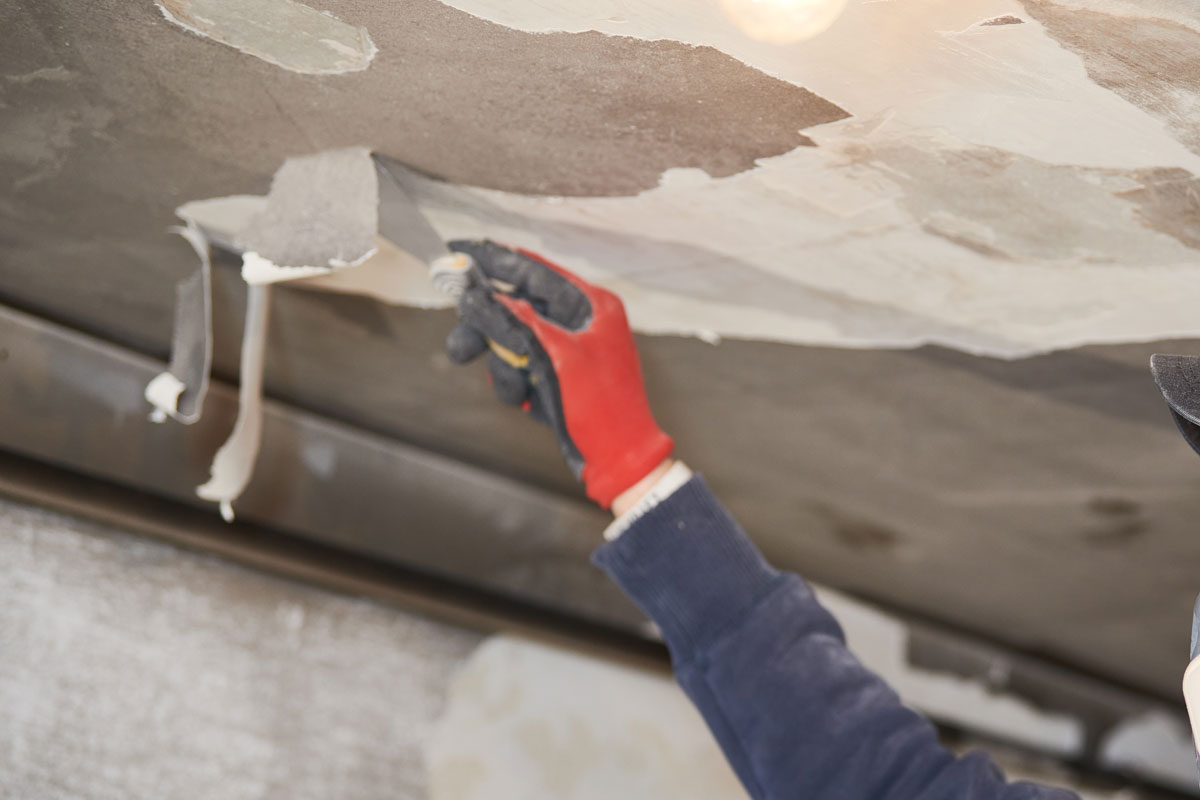
What are the health risks of soot and smoke damage?
When a fire burns, it produces soot and smoke. Soot is a fine, powdery substance that can be harmful to your health if you breathe it in. Smoke is made up of tiny particles that can also be harmful to your health if you breathe them in.
Exposure to soot and smoke can cause several health problems, including:
- Asthma
- Bronchitis
- Cancer
- Heart disease
- Lung disease
Soot and smoke particles can irritate your eyes, nose, and throat. They can also make it difficult to breathe.
If you have soot or smoke damage in your home, it is important to have it professionally cleaned as soon as possible. This will help reduce your risk of health problems.
In addition, your home insurance company may provide the costs to stay in a hotel while your home is being cleaned. This will help you avoid exposure to soot and smoke particles.
Is my home a total loss from soot damage?
This will depend on the extent of the damage. In some cases, soot damage can be cleaned. However, the damage may be too severe in other cases, and your home may be considered a total loss.
If your home is a total loss, your insurance company will provide you with the funds to rebuild or purchase a new home.
A total loss is deemed when the damages exceed a certain percentage of the home's value. This varies by state but is typically between 50-80%.
For example, if your home is valued at $100,000 and the damages from the fire total $80,000, your home would be considered a total loss.
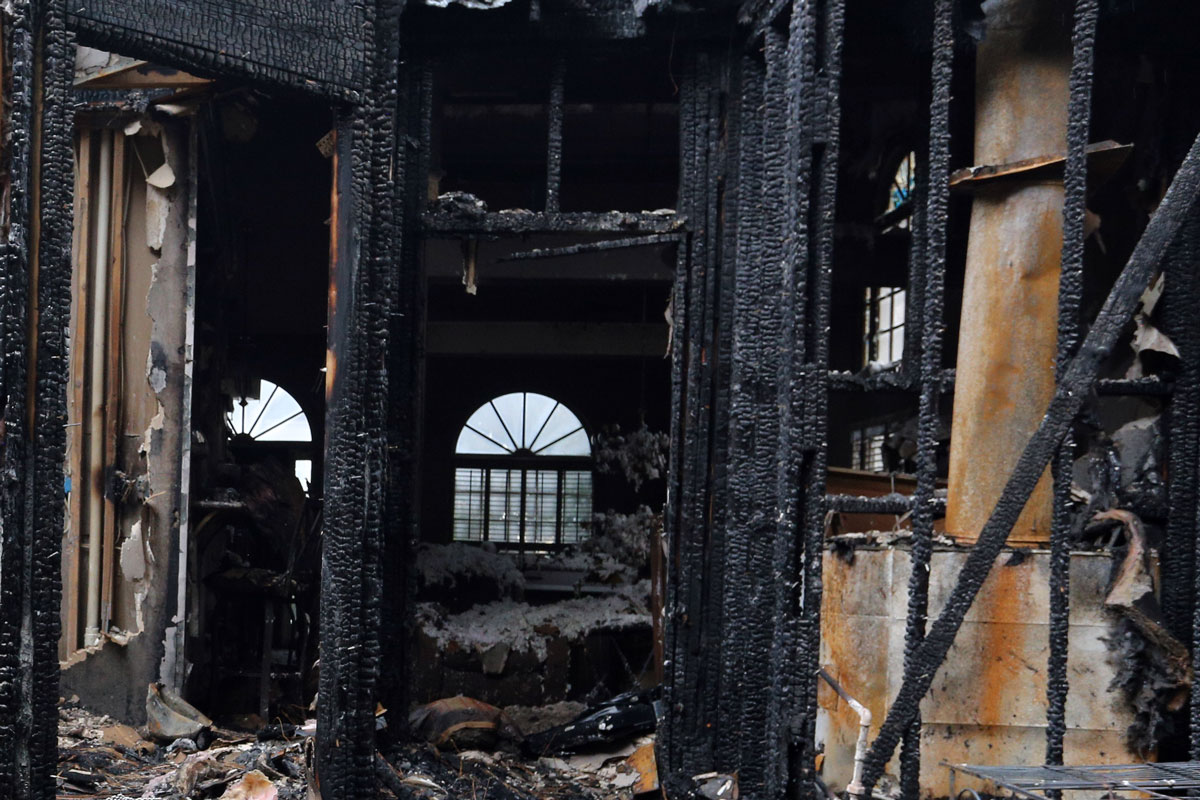
What are my options if my home is a total loss?
If your home is a total loss, you have two options: rebuild or purchase a new home.
If you decide to rebuild, your insurance company will provide you with the funds to do so. The amount of money you receive will be based on the value of your home and the cost of rebuilding.
If you decide to purchase a new home, your insurance company will provide you with a lump sum payment. The amount of money you receive will be based on the value of your home.
You can use this money to purchase a new home. You may also have some money left over, which you can use for other purposes.
No matter what option you choose, your insurance company will work with you to ensure that you have the funds you need to move forward. The process will take some time, but it is important to remember that you have options.
When would homeowners insurance not cover fire damage?
Homeowner's insurance typically covers fire damage. However, there are some instances when it would not.
For example, if you or another person caused the fire on purpose, the insurance company would not cover the damages.
That is called an intentional act and could become a legal matter. The reason being is that this is an act of insurance fraud.
Nonetheless, accidents happen, and that's why you pay for homeowners insurance. So, if the fire was caused by an accident, your homeowner's insurance should cover the damages.
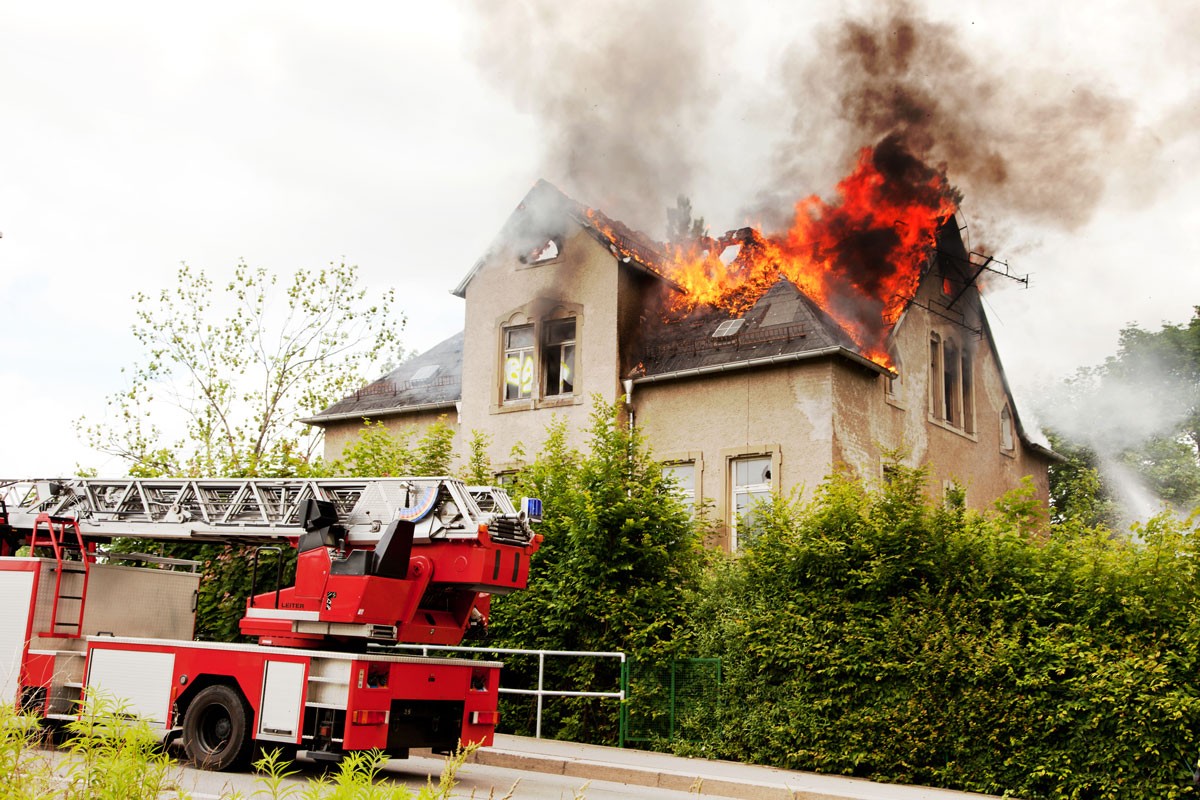
What are some steps I can take to prevent fires in my home?
Here are some steps you can take to help prevent fires in your home:
- First, install smoke alarms on every level of your home and outside each sleeping area.
- Test your smoke alarms monthly to make sure they are working correctly.
- Develop and practice a home fire escape plan with all household members.
- Never leave candles unattended or go to sleep without extinguishing them first.
- Do not overload electrical outlets or extension cords.
- Do not leave space heaters unattended.
- Keep flammable items, such as lighters and matches, out of reach of children.
- Store flammable liquids, such as gasoline and paint thinner, in a cool, dry place away from heat sources.
- Do not use the stovetop for cooking if you are tired or drinking alcohol.
- Do not leave the house if there is a fire. Instead, immediately call 911 and evacuate the premises.
By following these steps, you can help prevent fires in your home. However, accidents can still happen. That's why it's important to have homeowners insurance.
Final Thoughts
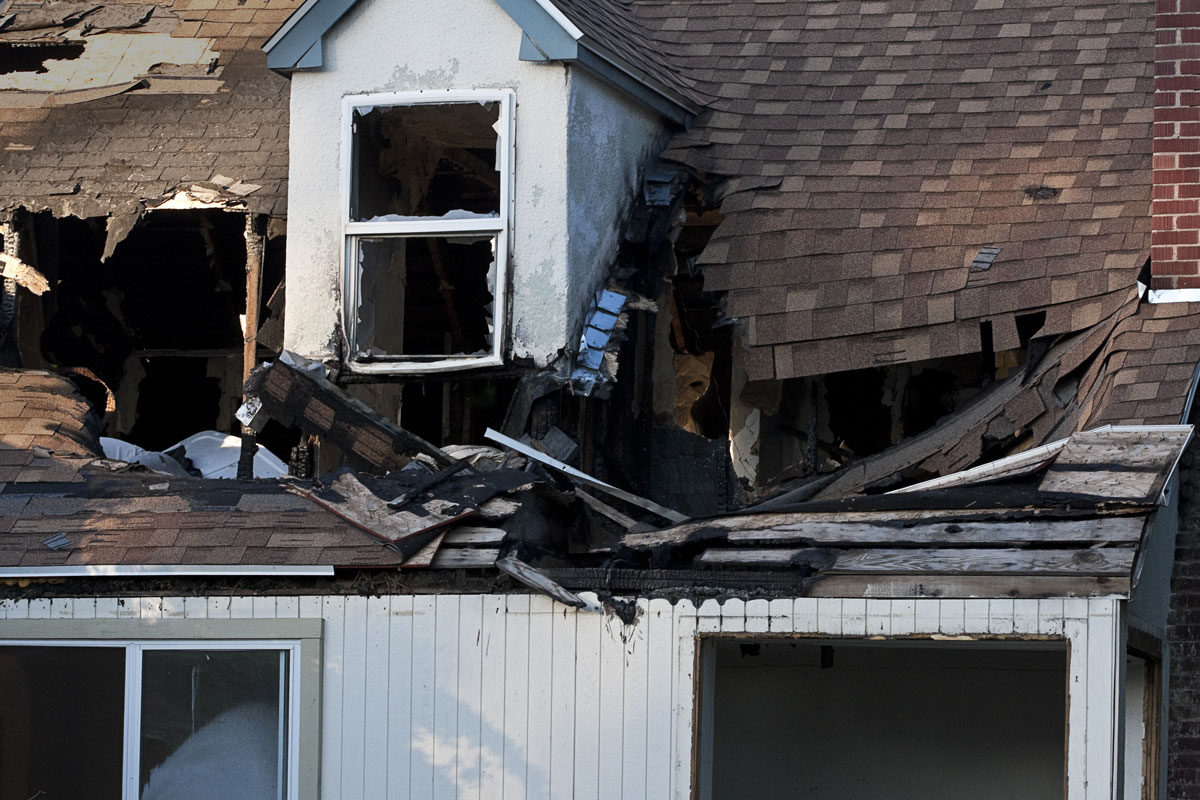
No one ever wants to think about their home being damaged by fire. However, it's essential to be prepared in case it does happen.
Homeowner's insurance typically covers fire damage. However, there are some instances when it would not. If you have any questions about your coverage, contact your insurance company.
Here are other related articles on homeowners insurance:
Does Homeowners Insurance Cover Generators?

